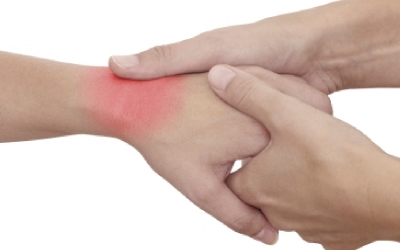Young Adults Diagnosed with Arthritis Demand More Support
Imagine being a young person with an active, fulfilling life. Maybe you are studying for a degree at University, or are settling down and starting a family. Then, imagine that you are diagnosed with arthritis. Suddenly the normal life of a 20 to 35 year old is shaken up, and everything that seemed easy becomes difficult. Arthritis is a disease commonly associated with ageing and not many people realise that it can affect young people too. For someone in the prime of life, the diagnosis of arthritis can be devastating. The impact of chronic pain, limited mobility and constant medication can be hard on an older sufferer, but for a young person it severely limits their ability to socialise, work or raise a family. Recently, young sufferers of arthritis are speaking up about the lack of care and information they receive about their condition. Whilst medication can be provided after diagnosis, many young sufferers say that this is not enough and more information and help is needed for young people to live a healthy, normal lifestyle.
Arthritis is a degenerative joint disease which most commonly affects older people. Around 8 million people in the UK suffer from arthritis or osteoarthritis, which can be diagnosed by assessing family history and through x-rays. It has a variety of causes, and can be hereditary or developmental, and can cause loss of cartilage. Symptoms of arthritis are painful and debilitating, and include stiffness, locking, and limited mobility. It can affect all the joints of the body, including knees, hips, hands and feet, and lower back. Recently a young researcher in New Zealand was given funding from Arthritis New Zealand to investigate the experiences of young arthritis sufferers, in particular interviewing them about their experiences when diagnosed and with healthcare providers. It was found that many were dismayed and disappointed by a lack of empathy and information. The results of this project have encourage charities and healthcare professionals to focus on providing specialised advice and services for young sufferers of the disease.


Comments are closed.